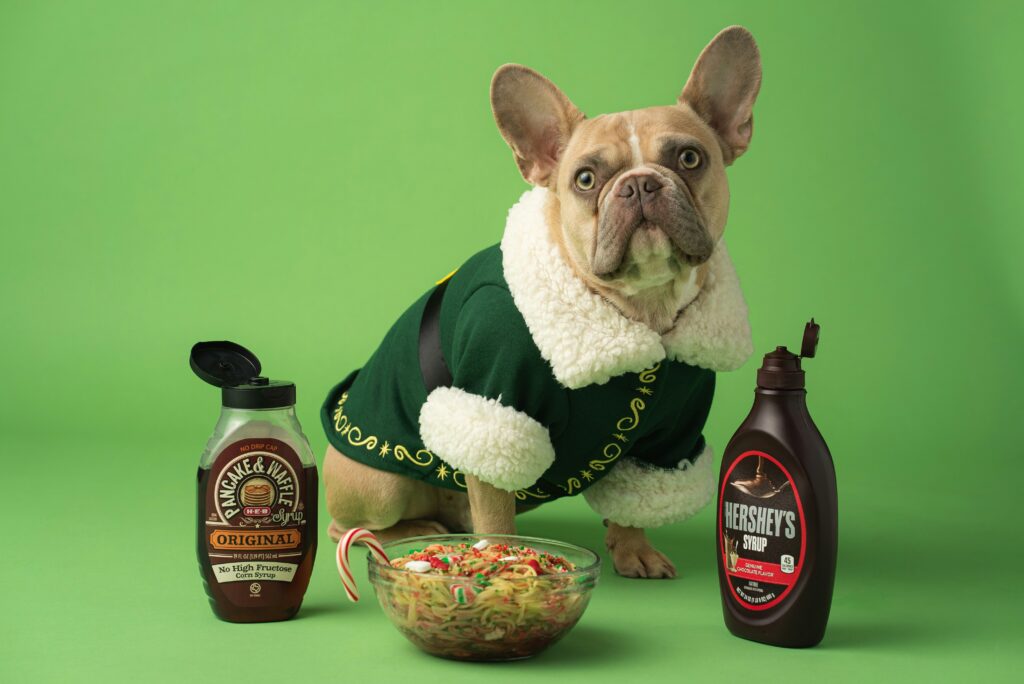
Have you ever caught your furry friend obsessively chewing or licking their paws? It’s more than just a quirky habit—it’s a sign that something might be amiss. Understanding why Dog Chewing Paws,
is not just for their health, but also for your peace of mind. Our dogs are more than pets; they’re family. When they hurt, we hurt too. Let’s delve into the reasons behind this behavior and find ways to help our beloved companions.
Why Do Dogs Chew Their Paws?
.Boredom
Dogs, like people, can get bored. When left with nothing to do, they might resort to chewing their paws as a way to pass the time. It’s their version of biting their nails or twirling their hair.
.Allergies
Allergies are a common culprit behind paw chewing.
.Food Allergies
Certain foods can trigger allergic reactions in dogs, leading to itchy paws.
.Environmental Allergies
Pollen, dust mites, and even grass can cause your dog’s paws to itch.
.Injury or Pain
Sometimes, dogs chew their paws because something hurts. A thorn stuck in their paw, a cut, or even arthritis could be the reason.
.Parasites
Fleas, ticks, and mites can cause intense itching, driving your dog to chew their paws for relief.
Behavioral Issues
.Anxiety and Stress
Dogs might chew their paws as a way to cope with anxiety or stress, similar to how some people bite their nails.
Obsessive-Compulsive Disorder (OCD)
In some cases, paw chewing can be a sign of OCD in dogs, a condition that requires professional help.
Recognizing the Signs
To address paw chewing, it’s essential to recognize the signs early:
- Excessive licking and chewing: Your dog is constantly focused on their paws.
- Redness and inflammation: The skin on their paws is red and swollen.
- Presence of wounds or sores: You notice open sores or wounds on their paws.
Common Causes of Paw Chewing
Boredom and Lack of Stimulation
A bored dog is an unhappy dog. Without enough physical and mental stimulation, dogs can develop bad habits like paw chewing.
Allergies and Sensitivities
Both food and environmental allergies can make your dog’s paws unbearably itchy.
Injuries and Foreign Objects
A small injury or a foreign object stuck in your dog’s paw can lead to persistent chewing as they try to soothe the pain.
Parasite Infestations
Fleas, ticks, and mites not only cause itching but can also lead to secondary infections from constant scratching and chewing.
Behavioral and Emotional Issues
Stress, anxiety, and OCD can all manifest in destructive behaviors like paw chewing.
Diagnosing the Issue
Finding out why your dog is chewing their paws involves a bit of detective work.
Observing Your Dog’s Behavior
Take note of when and where the chewing occurs. Is it after meals? During certain seasons? When they’re left alone?
Consulting a Veterinarian
A vet can provide valuable insights and might suggest tests to identify allergies or other underlying conditions.
Allergy Testing and Elimination Diets
Allergy tests and elimination diets can help pinpoint specific allergens causing your dog’s discomfort.
Home remedy for dog chewing paws
For less severe cases, there are several home remedies you can try.
Proper Grooming and Hygiene
Keeping your dog’s paws clean and trimmed can prevent many issues.
Soothing Baths
A soothing bath with hypoallergenic shampoo can help alleviate itching.
Dietary Adjustments
Switching to a hypoallergenic diet can make a significant difference if food allergies are the culprit.
Providing Chew Toys and Mental Stimulation
Engage your dog with toys and activities to keep their mind and body busy.
Medical Treatments for Severe Cases

In more serious situations, it may be crucial to seek medical intervention.
Medications and Topical Treatments
Your vet might prescribe medications or topical treatments to reduce itching and inflammation.
Allergy Shots and Immune Therapy
In cases of severe allergies, allergy shots or immune therapy can provide long-term relief.
Professional Behavioral Therapy
If your dog’s paw chewing is due to anxiety or OCD, professional behavioral therapy can help address the root cause.
Preventing Future Paw Chewing
Prevention is always better than cure. Here are some tips to prevent paw chewing:
- Regular Exercise and Playtime: A tired dog is a happy dog. Regular exercise can reduce boredom and stress.
- Maintaining a Clean Living Environment: Regular cleaning can reduce allergens and parasites in your home.
- Regular Veterinary Check-ups: Routine check-ups can catch potential issues before they become serious.
When to Seek Professional Help
If your dog’s paw chewing persists despite your best efforts, it’s time to seek professional help.
- Persistent and Severe Symptoms: If the symptoms don’t improve or worsen.
- Signs of Infection or Severe Injury: Red, swollen, or bleeding paws require immediate veterinary attention.
Understanding why your dog chews their paws is the first step to helping them. By recognizing the signs, identifying the cause, and providing the appropriate treatment, you can ensure your furry friend remains happy and healthy. Remember, proactive care and observation are key to preventing future issues.
FAQs
Why does my dog chew his paws when left alone?
Dogs may chew their paws due to anxiety or boredom when left alone. Providing toys and engaging activities can help reduce this behavior.
Can diet affect my dog’s paw-chewing behavior?
Yes, food allergies can cause itchy paws. Switching to a hypoallergenic diet can help alleviate the symptoms.
How can I tell if my dog’s paw chewing is due to allergies?
Look for patterns such as seasonal flare-ups or reactions to specific foods. Allergy testing can also provide definitive answers.












